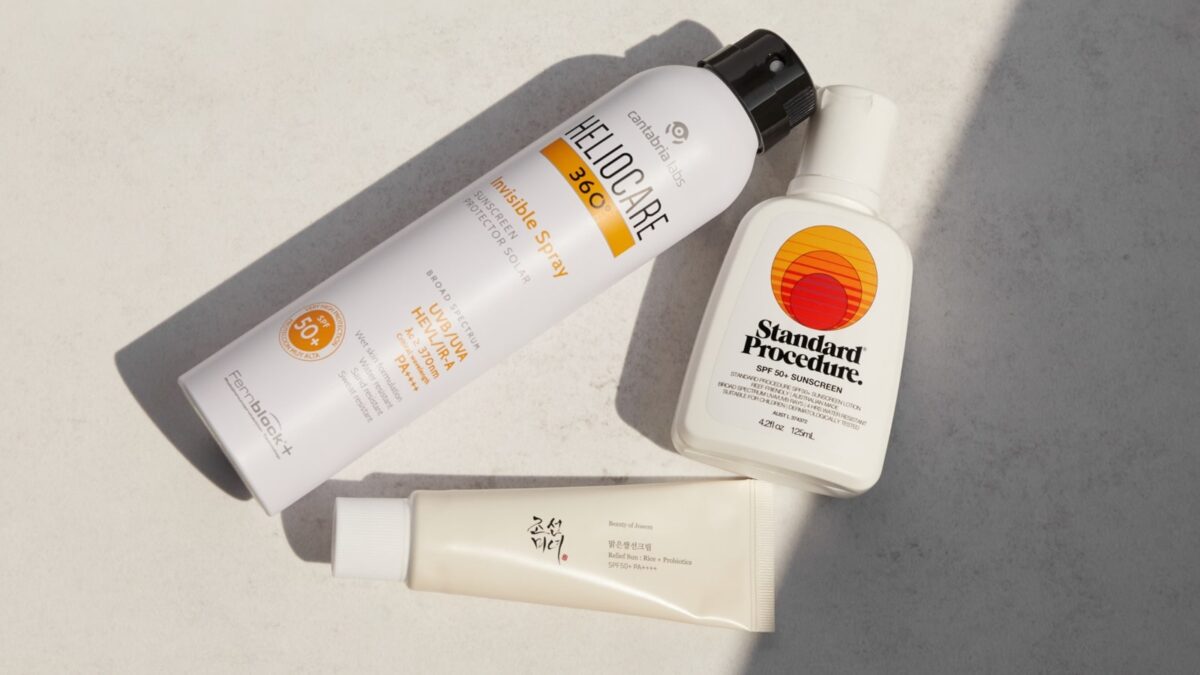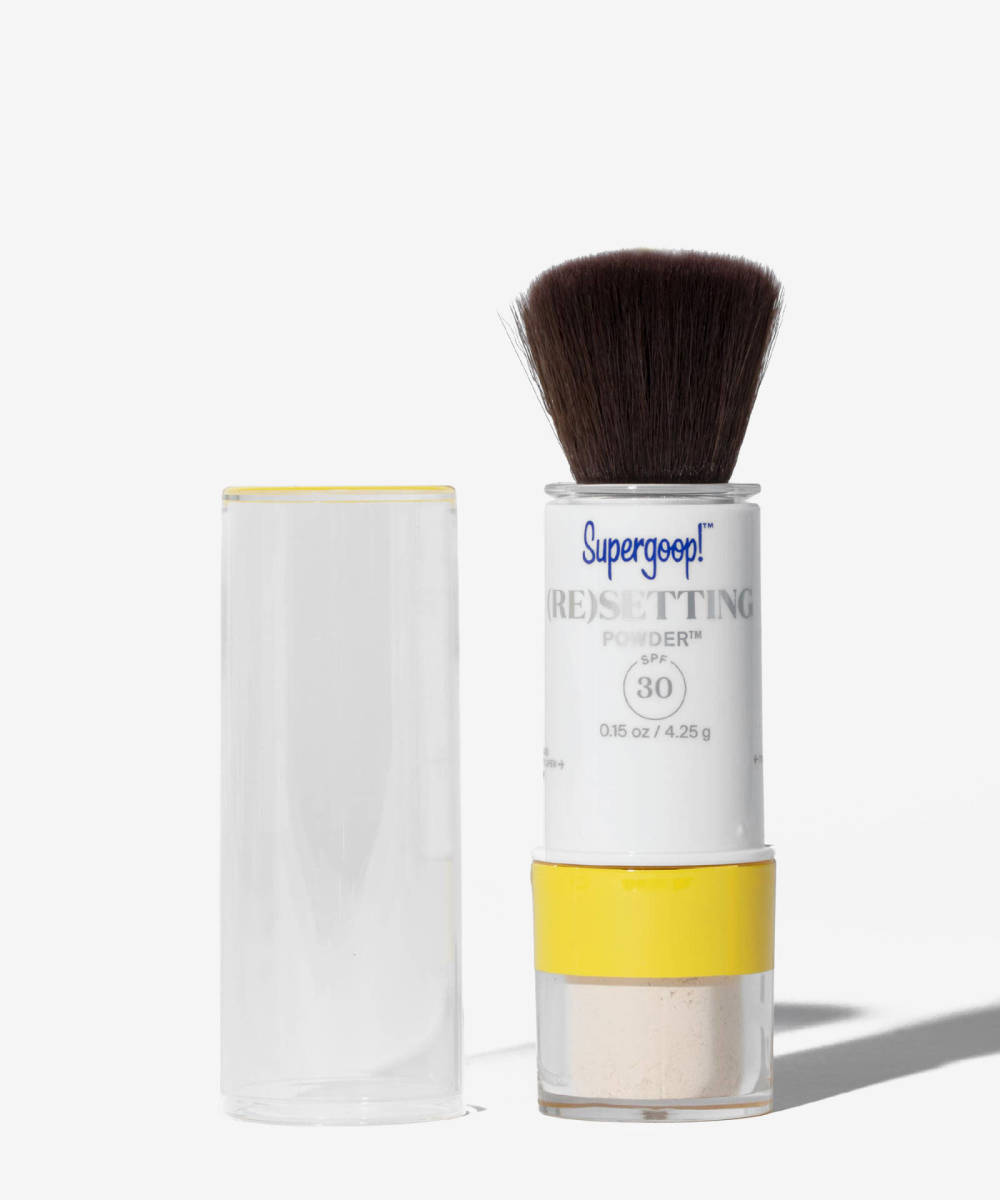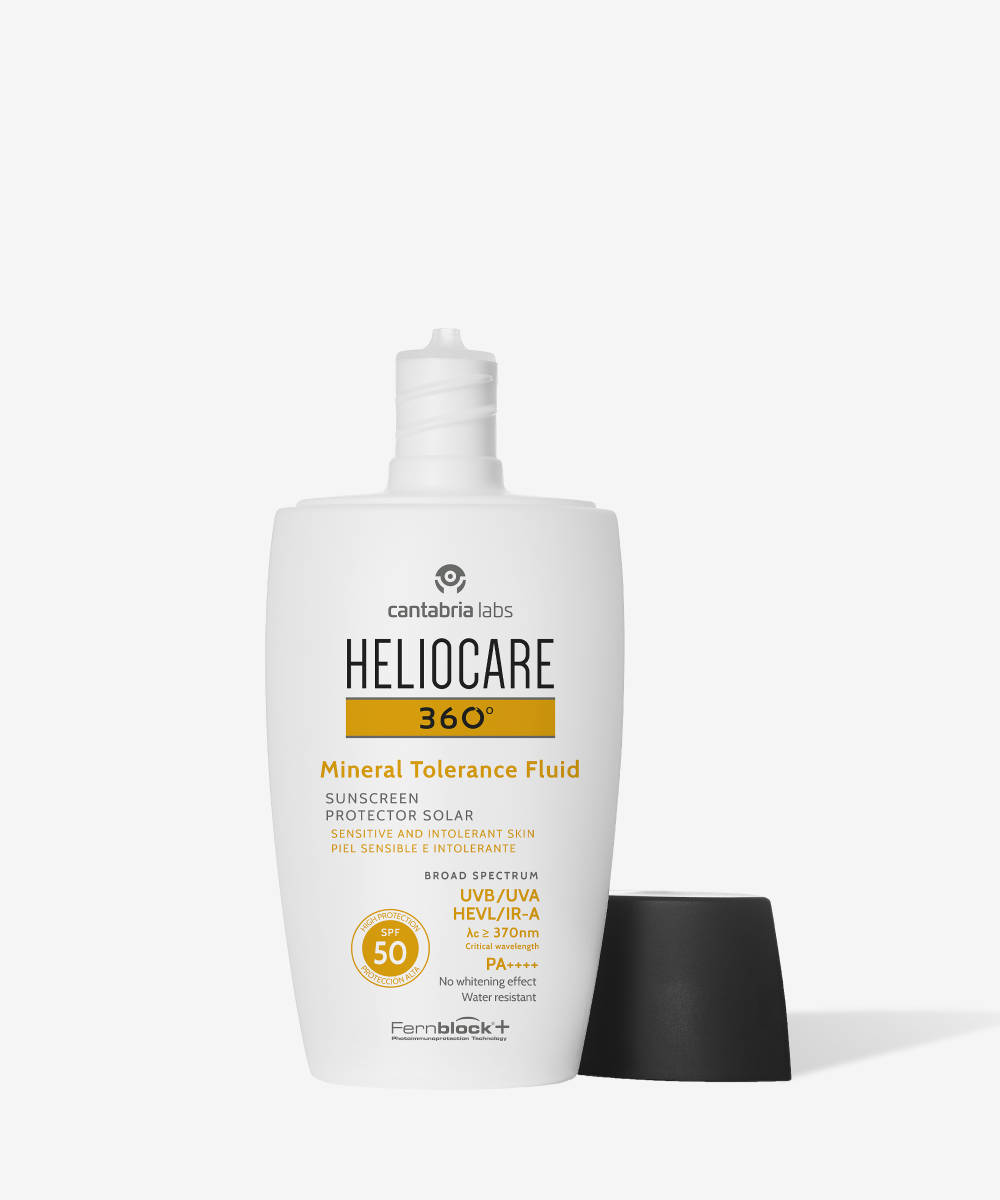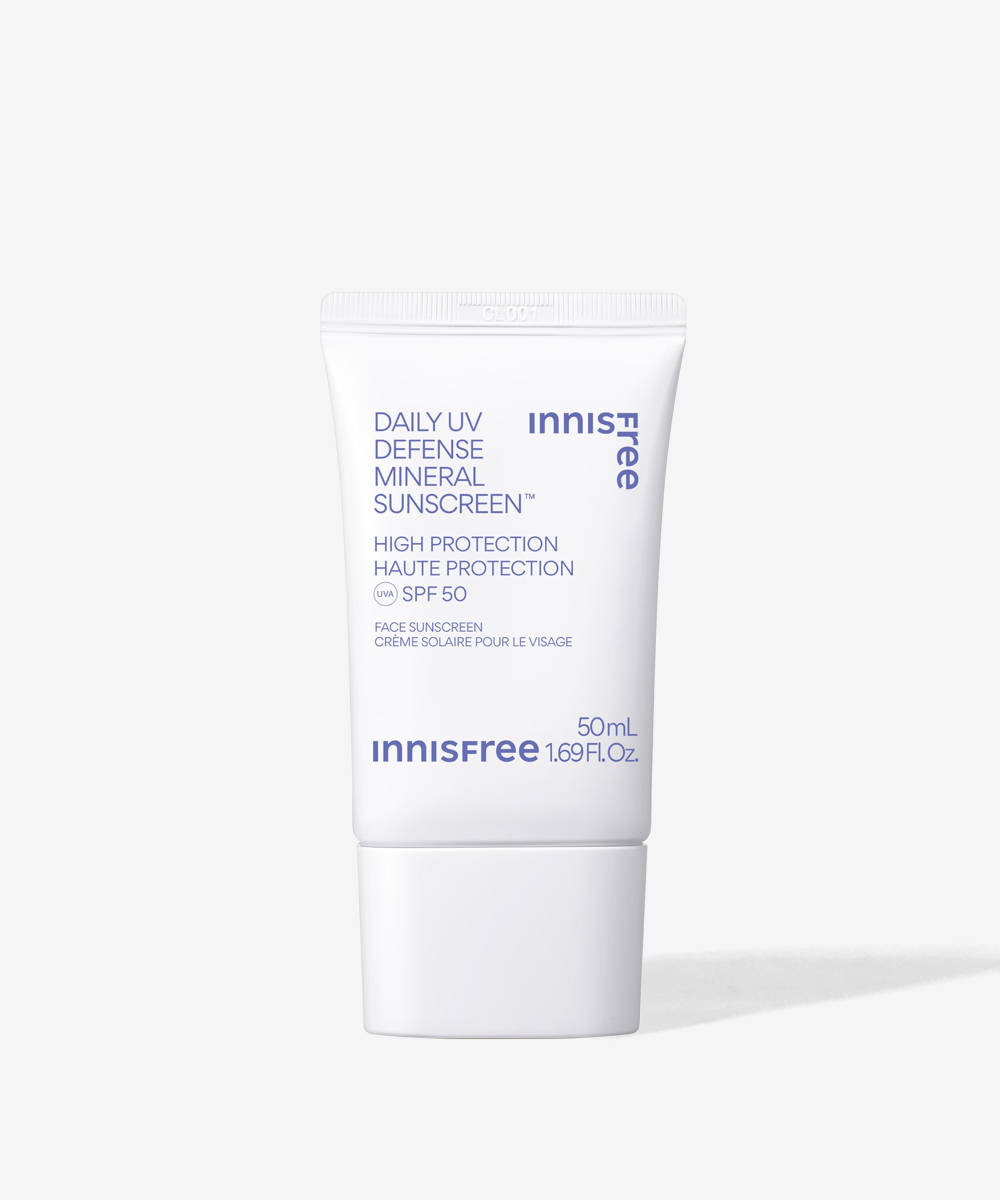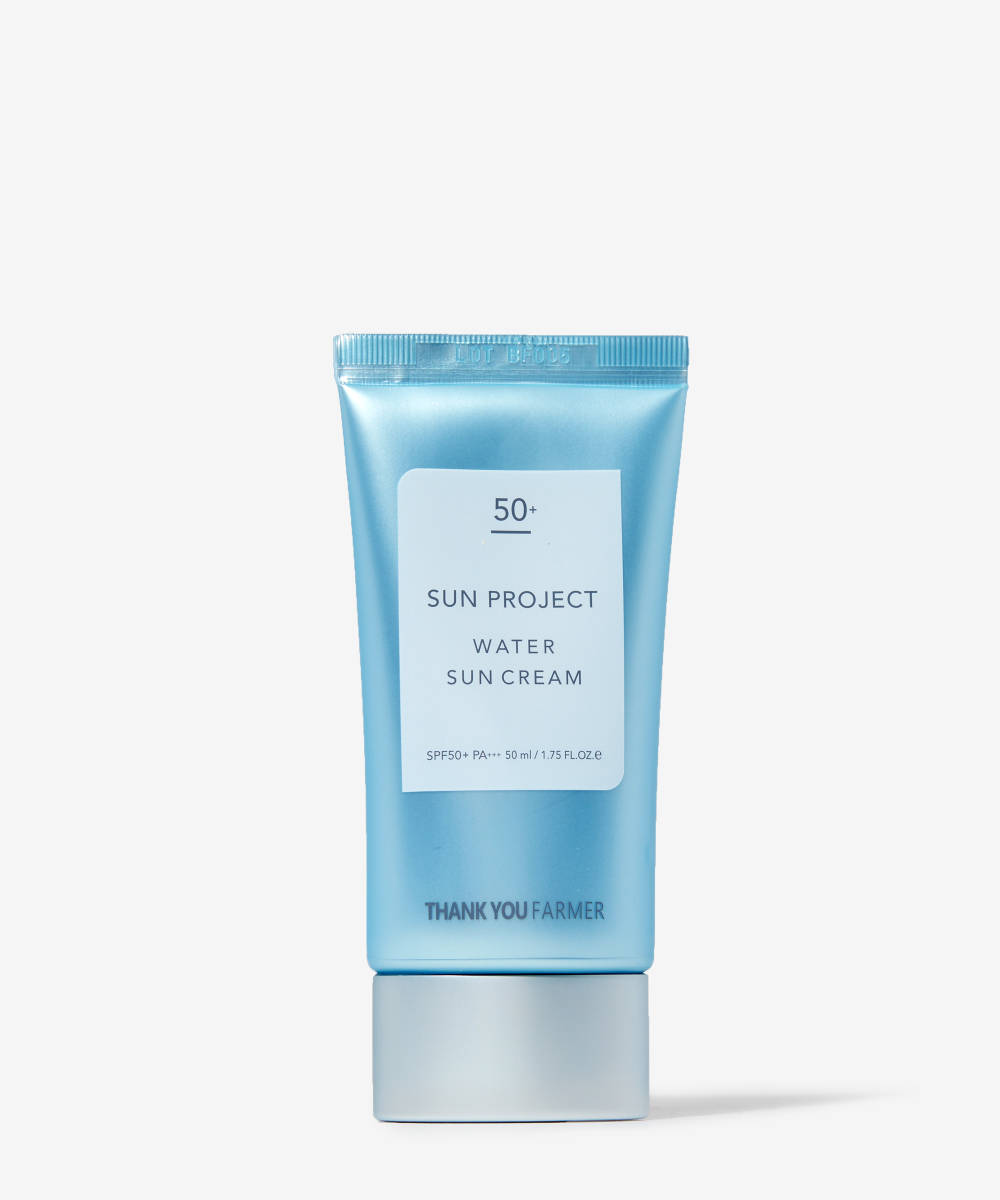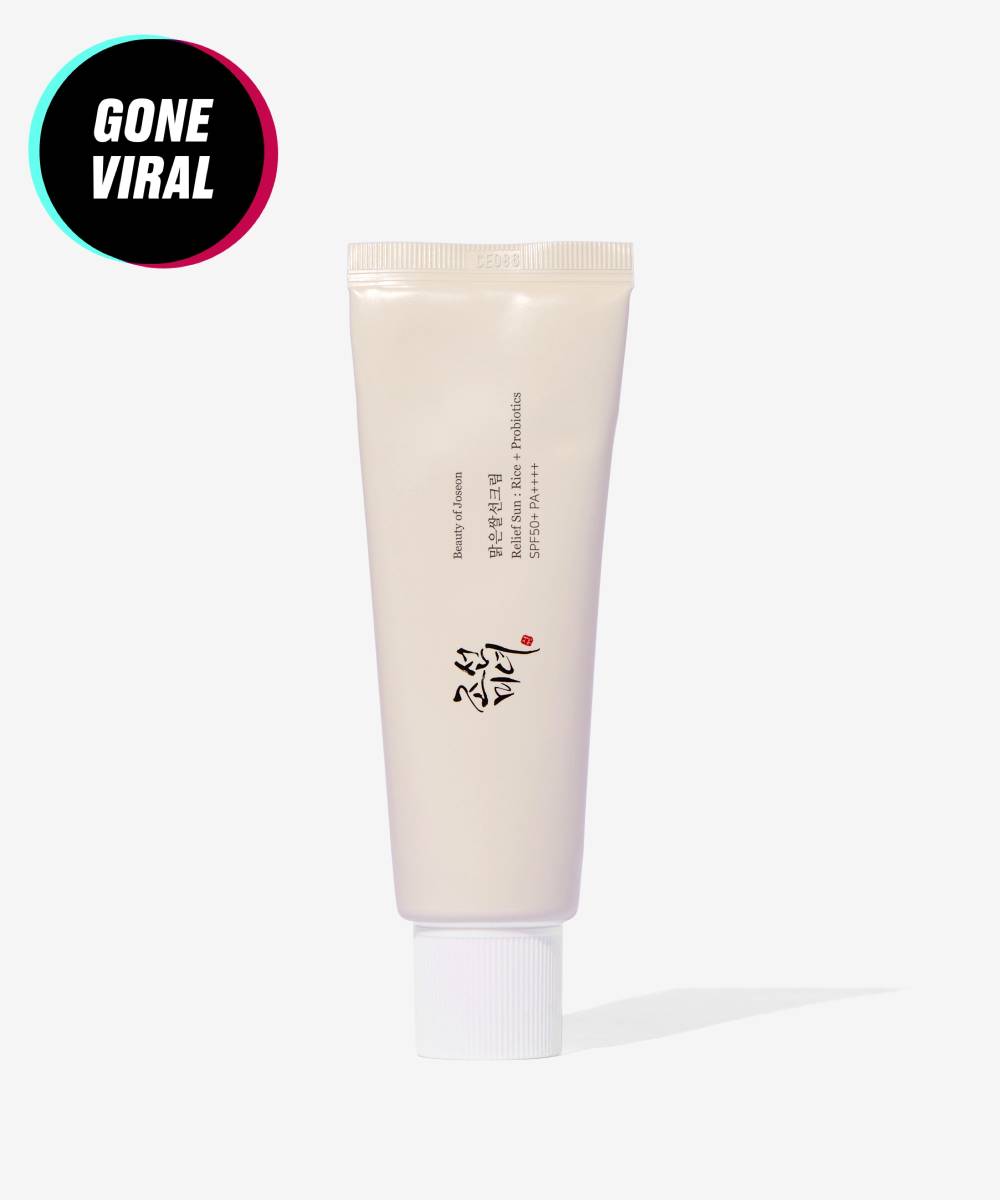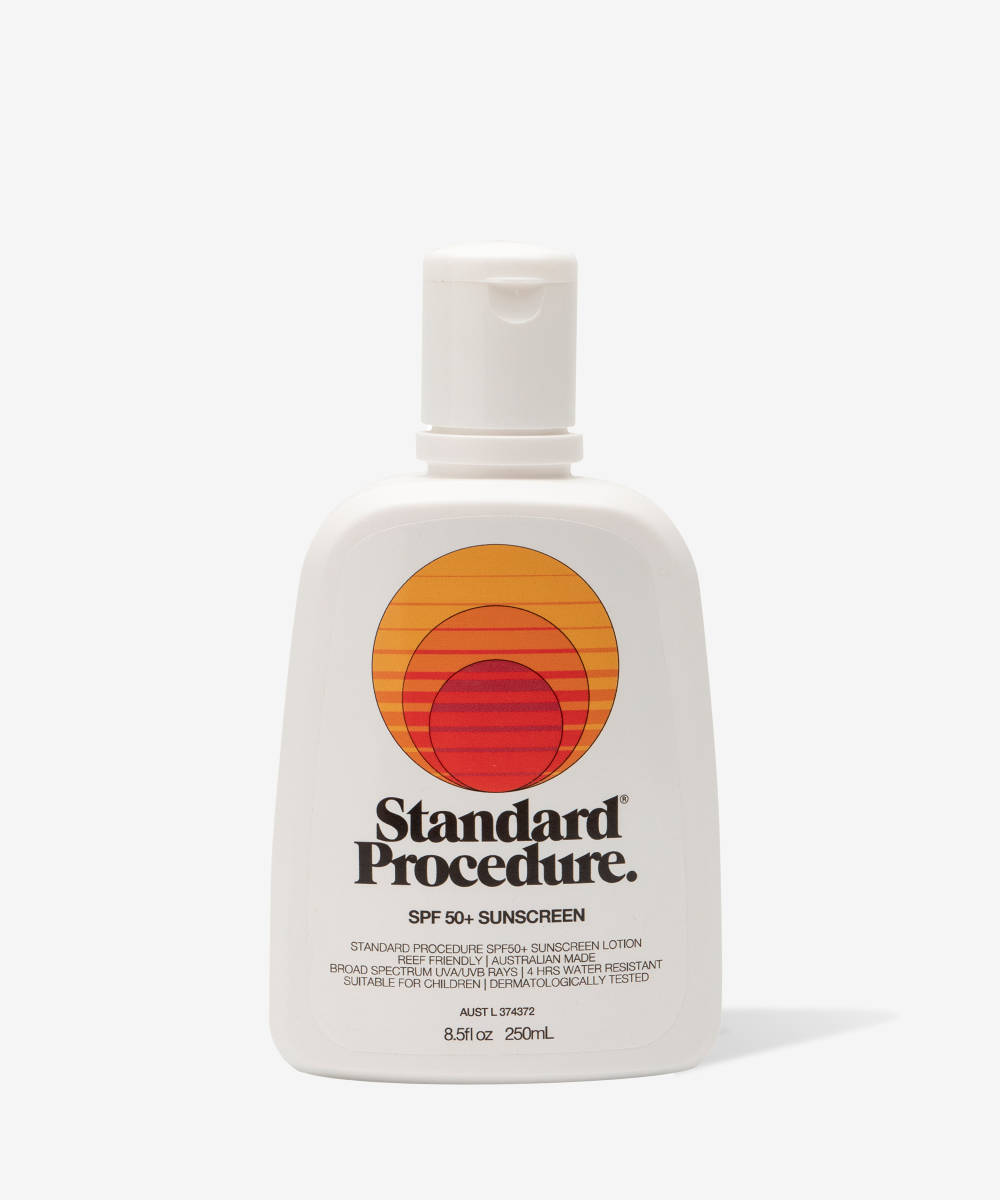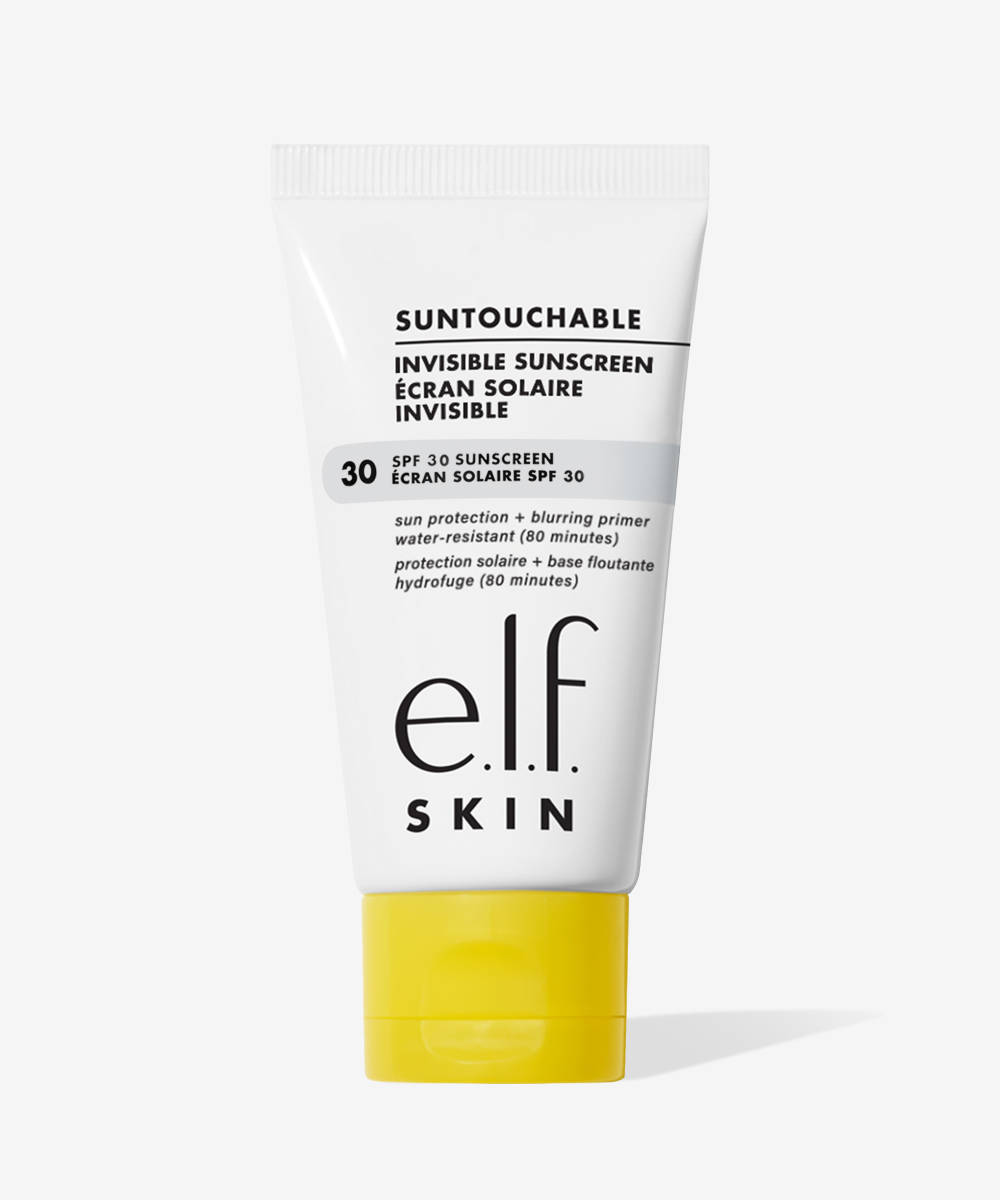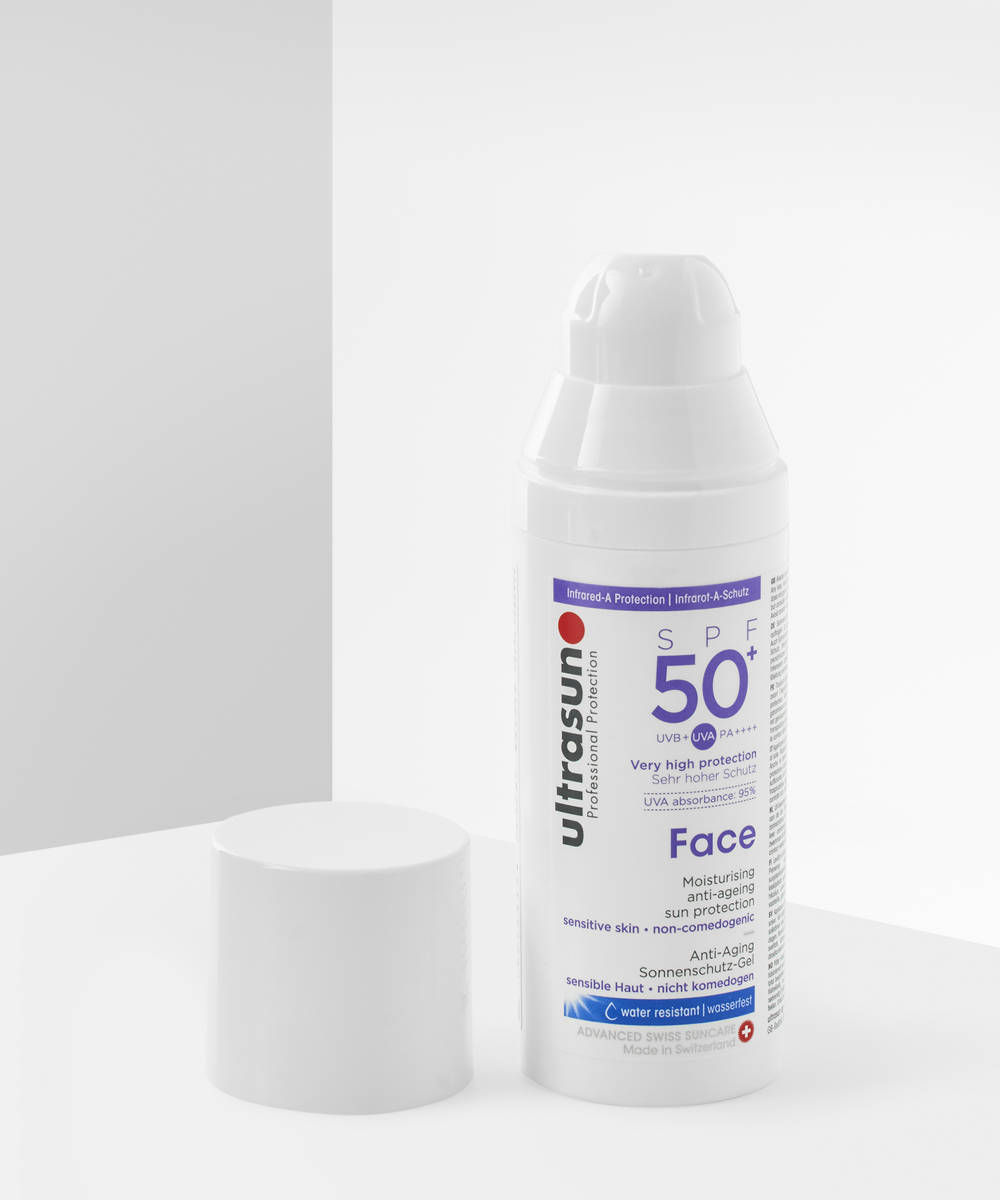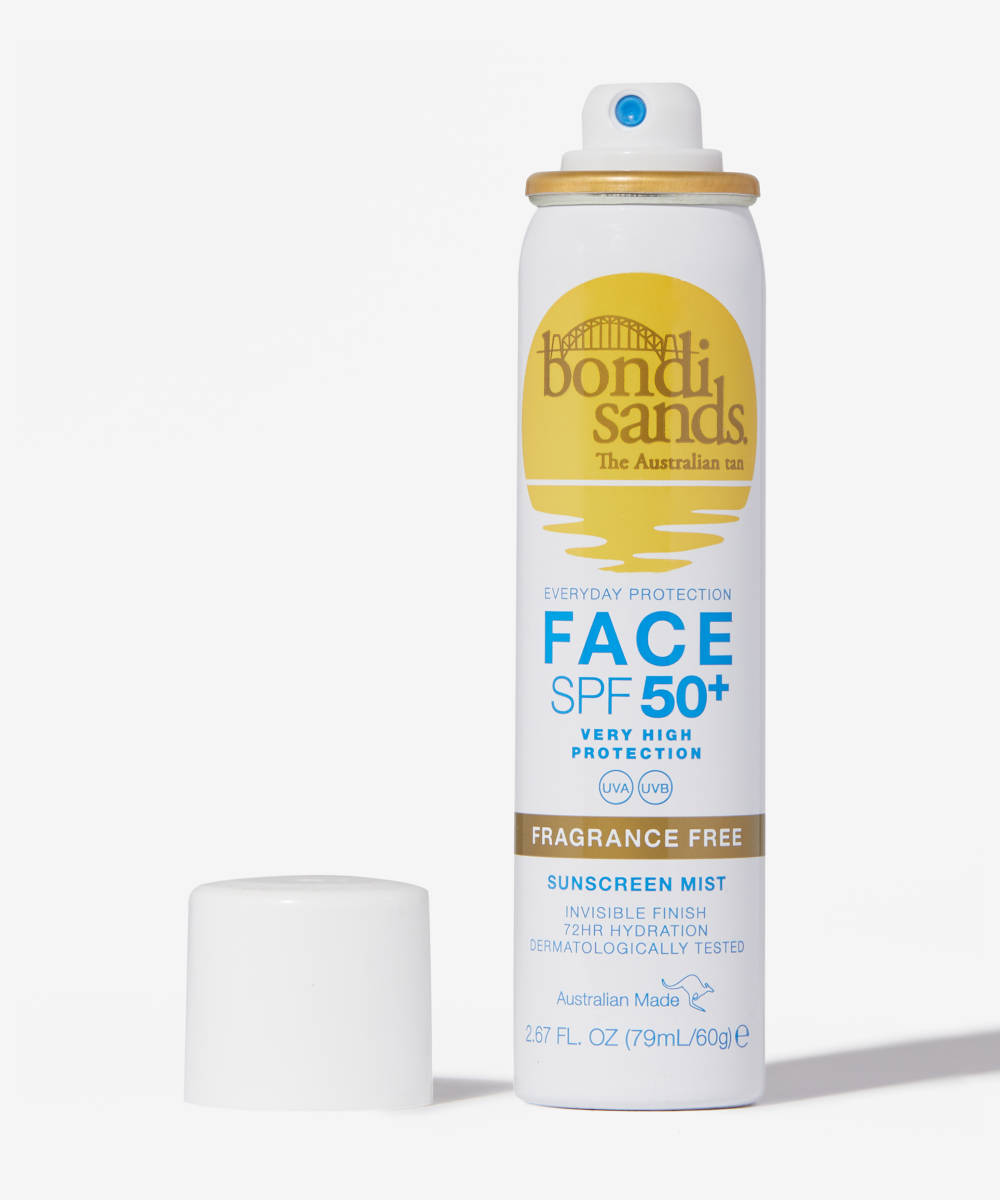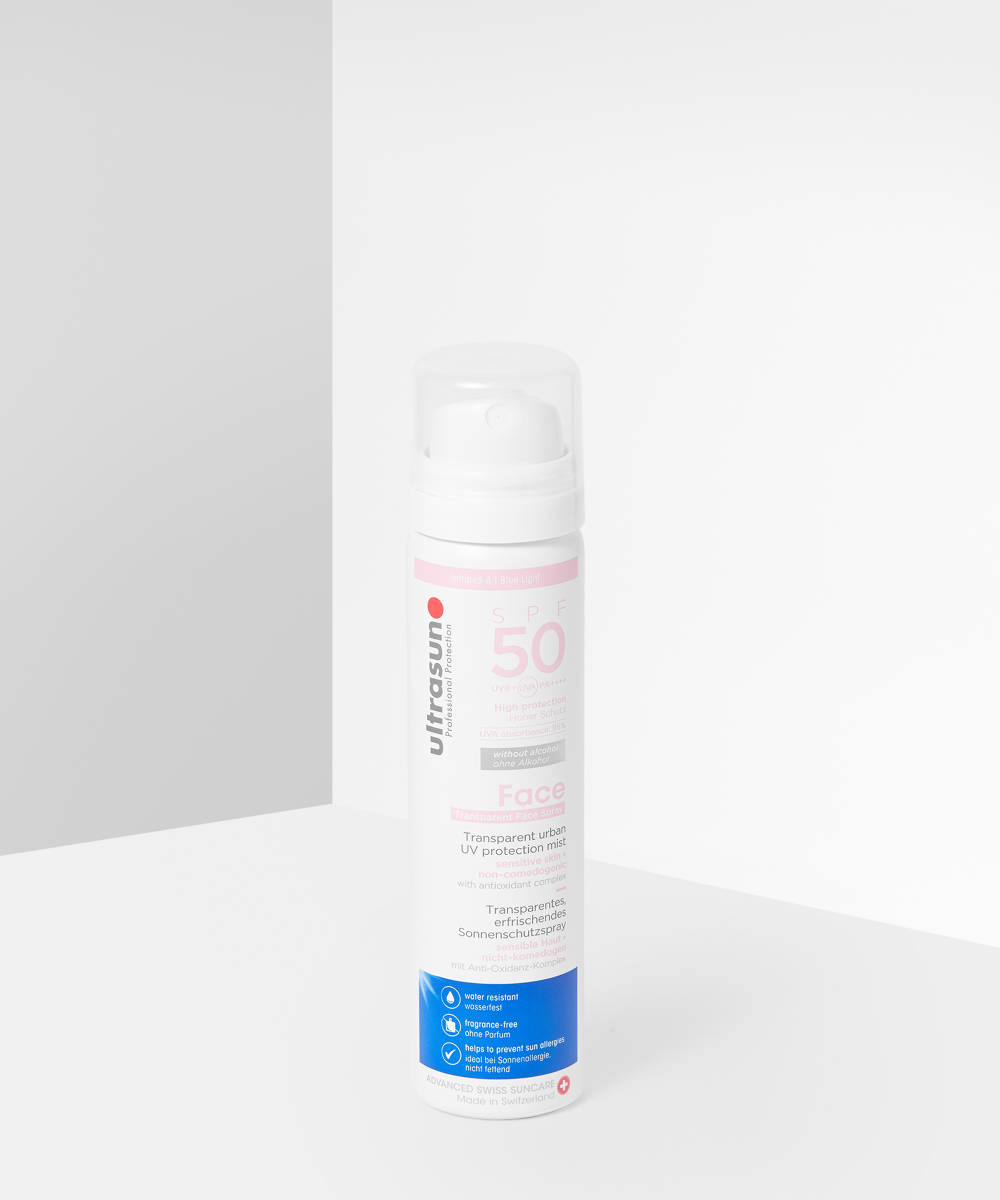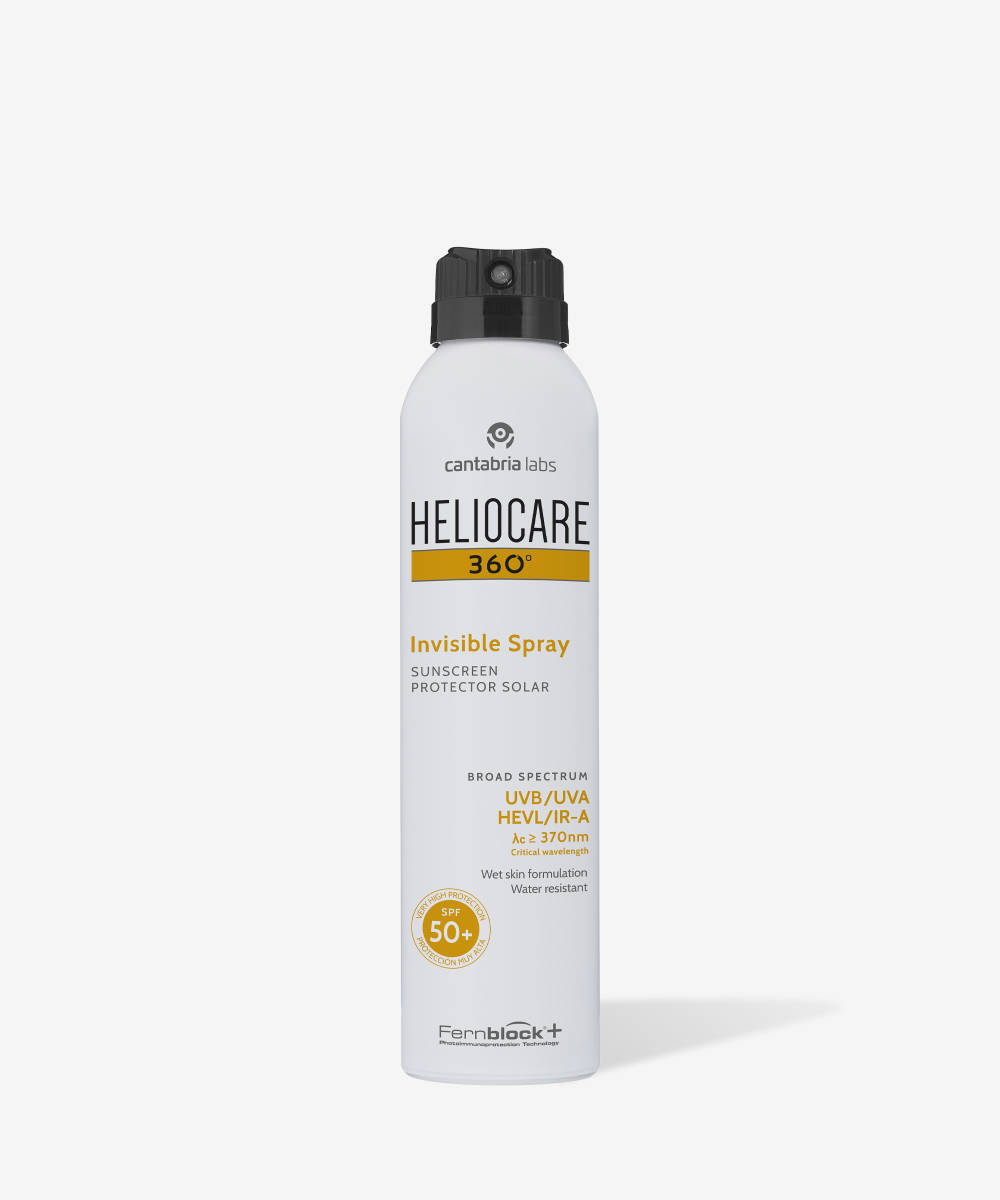As summer rapidly approaches, and the sun’s rays become significantly stronger, you need to start thinking about ensuring your face SPF is a) on your face everyday, without fail, and b) top-notch.
SPF should be worn all year round, but it becomes absolutely crucial when the sun actually shines – which is, admittedly, rare in Britain. There’s nothing chic about sun damage – and good suncare, in combination with a great skincare routine, will help to prevent any number of sun-related skin issues. There are many reasons to wear SPF including protection from sunburn, premature ageing, hyperpigmentation, and even some skin cancers.
But what are the best SPFs for your face, and which SPF should you use to meet your specific needs? Read on to discover all you need to know about the best sunscreens for your face, the best sunscreens for everyday use, and how you should be using different facial SPFs over the coming months, and beyond.
What is SPF?
If you’ve got this far and you’re still wondering what SPF actually is, we’ve got you covered. SPF stands for Sun Protection Factor – and the number which follows it (typically 30 or 50) signifies the strength of its protection. The higher the number, the longer you can spend in the sun without getting sunburnt by its ultraviolet (UV) rays. You may have also heard of UVB rays (which primarily affect the outer layer of skin and are responsible for sunburn) and UVA rays (able to penetrate deeper into the skin and typically associated with tanning). Most SPFs protect against UVB rays, but not all protect against UVA as well – so it’s always worth taking a closer look at the label to ascertain its protection level. You can choose a chemical or a mineral SPF – they work in different ways, but both will protect you from the sun.
How Much Sunscreen Should You Use on Your Face?
When it comes to how much sunscreen to use on your face, you’ll just need to ensure you’re covering all the visible skin on your face, neck and chest with your face SPF. Don’t forget your forehead – even if some hair covers it! Obviously, the amount of product required will vary for everyone, but roughly the length of three fingers’ worth of sunscreen, or a 50 pence sized amount, should be ample for your first application.
It’s also a good idea to apply your sunscreen about 30 minutes before you go out, to let it settle in, and top up again immediately before you leave. This ensures a comprehensive base of coverage and maximises your skin’s protection from the sun.
How Often Should You Reapply Sunscreen on Your Face?
Keep in mind that even if you’ve applied your SPF liberally at the start of the day, you’ll still need to reapply. Whether you’re strolling around a new city, sitting on a beach, or simply relaxing in your own garden, you’ll need to top up your SPF to make sure your skin is protected all day long.
Depending on what you’re doing with your day, it can sometimes be difficult to know how often you should reapply sunscreen. A good rule of thumb is that once you’ve spent two hours in direct sunlight, you should reapply. If you’ve been sweating, swimming, or have towelled yourself dry, you need to top up your SPF. Even if you think you’ve avoided the sun by sitting in the shade or wearing a cap, you still need to reapply. It’s a good idea to carry your SPF with you because you’re going to need it…a lot.
Making sure you’ve got a great SPF is an absolute priority of your summer skincare routine and an essential for summer holiday shopping. If you’ve booked a trip overseas, check out our tips for inflight skincare too.
What Face SPF Should You Use?
Choosing the ideal SPF for you will depend on a variety of factors, including any preexisting skin conditions like acne, eczema, psoriasis, hyperpigmentation, or sensitivity. You’ll also need to consider the level of protection you’ll require, how you plan to top up your SPF (whether you’ll be bare-faced or spritzing over makeup), and the type of formula you prefer. For instance, if you have dry skin, you might want to think about investing in a hybrid SPF moisturiser (like the Cerave AM Facial Moisturising Lotion SPF50) to lock in moisture, as well as protect your skin from UV rays.
Mineral Sunscreens
Mineral sunscreens are just sunscreens containing natural ingredients like zinc oxide, which act as a physical shield between the skin and UV rays. Available in both liquid and powder formulas, some people prefer to use mineral sunscreens because of their lightweight feel and easy application.
A mineral powder with added SPF can be a brilliant choice for those looking to set makeup and mattify the skin, as well as boost their sun protection. Most mineral powders are suitable for most skin types, and fans of the formula find skin’s appearance is smooth and less shiny than liquid equivalents. You can find some of the best mineral sunscreens for your face below.
Chemical Sunscreens
Chemical sunscreens contain specific ingredients able to absorb the sun’s UV rays, before they can cause any skin damage. If you prefer a dewy finish, chemical sunscreens could be the best option for you. As they’re often formulated with hydrating ingredients (like hyaluronic acid and niacinamide), chemical SPFs are often preferred by those with drier skin – whereas some mineral formulas are better for those with naturally oily skin.
Spray SPFs
Spray SPFs make a really handy addition to your skincare routine, as they’re remarkably easy to use, portable and great for reapplying throughout the day, especially over makeup. After applying your SPF base, you can give yourself a quick spritz with a spray SPF to ensure you’re maintaining your skin’s protection from the sun. Another plus side to the spray formulation? It’s really refreshing. On long, hot summer days, a blast of your spray SPF can be the difference between a SULA (Sweaty Upper Lip Alert) and a holiday glow.
